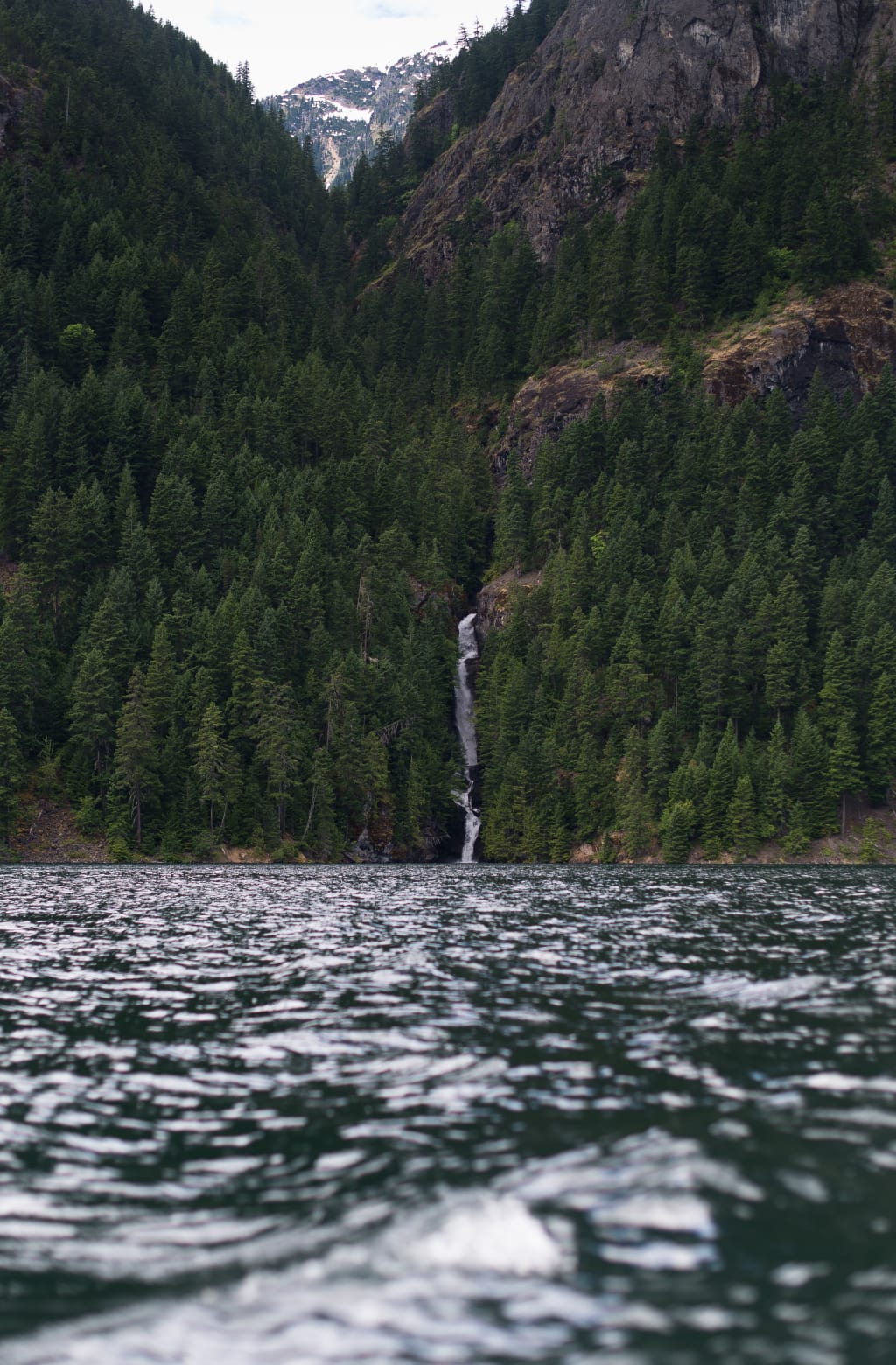Exploring the Wonders of Nature: Conservation and Appreciation of the Environment
"Unveiling Earth's Marvels: Nurturing and Embracing the Natural World"

Introduction:
Nature is a captivating realm that never fails to inspire awe and wonder. From majestic mountains to serene lakes, lush forests to vibrant coral reefs, the Earth is brimming with breathtaking landscapes and diverse ecosystems. However, in today's fast-paced world, the appreciation and conservation of the environment have become more crucial than ever. It is our responsibility to protect and preserve these natural wonders for future generations to enjoy. By understanding the importance of conservation and cultivating a deep appreciation for the environment, we can ensure a sustainable and harmonious coexistence with nature.
Conservation is a vital practice aimed at protecting and managing natural resources, ecosystems, and biodiversity. It encompasses a wide range of efforts, including the preservation of endangered species, the restoration of ecosystems, and the sustainable use of natural resources. Conservation is not merely an act of safeguarding nature; it is an investment in our own well-being. Ecosystems provide us with numerous benefits, such as clean air, fresh water, and fertile soil. They also contribute to climate regulation and provide habitats for countless plant and animal species. By conserving and restoring these ecosystems, we can maintain a delicate balance that sustains all life on Earth.
One of the fundamental aspects of conservation is the protection of endangered species. Many species face the threat of extinction due to habitat destruction, climate change, pollution, and illegal wildlife trade. The loss of a single species can have profound consequences on the entire ecosystem. For example, the decline of bees, vital pollinators, can disrupt the reproduction of plants and impact food production. Conservation efforts focus on creating protected areas, implementing strict regulations, and raising awareness to prevent further loss of biodiversity. By actively participating in these efforts, we can help save species from the brink of extinction and preserve the delicate interconnectedness of life.
In addition to conservation, developing a deep appreciation for the environment is essential. Nature has a profound impact on our physical and mental well-being. Research has shown that spending time in nature reduces stress, improves mood, and enhances cognitive function. When we immerse ourselves in the beauty of nature, we become more attuned to its intricate details and its ability to inspire and heal. By fostering a sense of wonder and reverence for the natural world, we can cultivate a desire to protect and cherish it.
Appreciation for the environment can be nurtured through various means. Education plays a pivotal role in fostering environmental awareness and understanding. By teaching children and adults about the importance of nature, ecological processes, and the value of biodiversity, we can instill a sense of responsibility towards the environment. Additionally, engaging in outdoor activities such as hiking, birdwatching, or gardening allows us to connect with nature firsthand and develop a deeper understanding of its intricacies. By experiencing the wonders of nature personally, we can forge a profound bond with the environment and become more motivated to protect it.
Furthermore, sustainable practices in our daily lives are crucial for the conservation of the environment. Small actions such as reducing waste, conserving water, using renewable energy sources, and adopting eco-friendly habits can have a significant impact collectively. Making environmentally conscious choices extends beyond individual actions; it also involves supporting businesses and organizations that prioritize sustainability and conservation. By collectively embracing sustainable practices, we can contribute to the preservation of our planet and mitigate the negative impacts of human activities.
Conclusion
The wonders of nature are a testament to the beauty and resilience of our planet. It is our responsibility to appreciate and conserve the environment for the benefit of current and future generations. Through conservation efforts, we can protect endangered species and preserve fragile ecosystems. By fostering a deep appreciation for nature, we can develop a sense of wonder and reverence that motivates us to take action. Let us embrace sustainable practices, educate ourselves and others, and actively engage with the natural world. By doing so, we can ensure the longevity of Earth's precious resources and create a harmonious coexistence with nature.
The wonders of nature are a testament to the beauty and resilience of our planet. It is our responsibility to appreciate and conserve the environment for the benefit of current and future generations. Through conservation efforts, we can protect endangered species and preserve fragile ecosystems. By fostering a deep appreciation for nature, we can develop a sense of wonder and reverence that motivates us to take action. Let us embrace sustainable practices, educate ourselves and others, and actively engage with the natural world. By doing so, we can ensure the longevity of Earth's precious resources and create a harmonious coexistence with nature.
About the Creator
Enjoyed the story? Support the Creator.
Subscribe for free to receive all their stories in your feed. You could also pledge your support or give them a one-off tip, letting them know you appreciate their work.





Comments
There are no comments for this story
Be the first to respond and start the conversation.